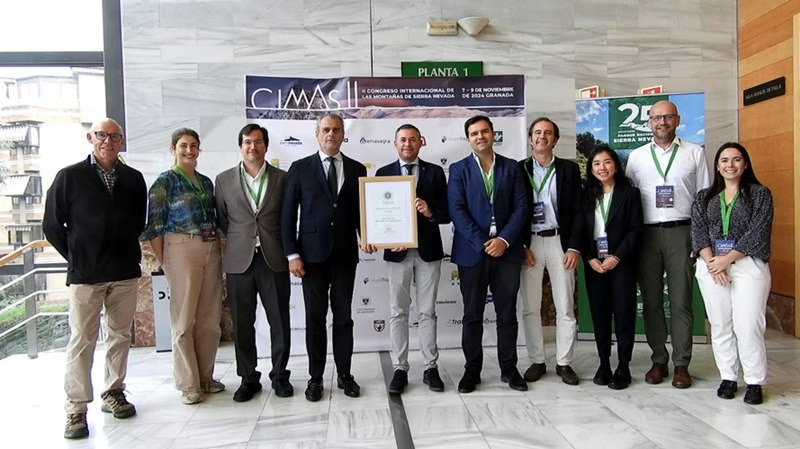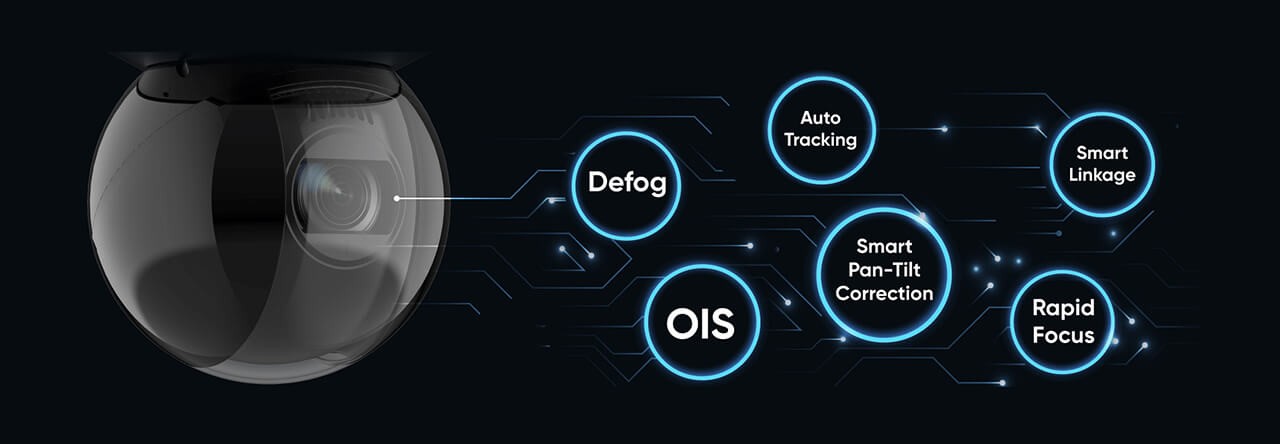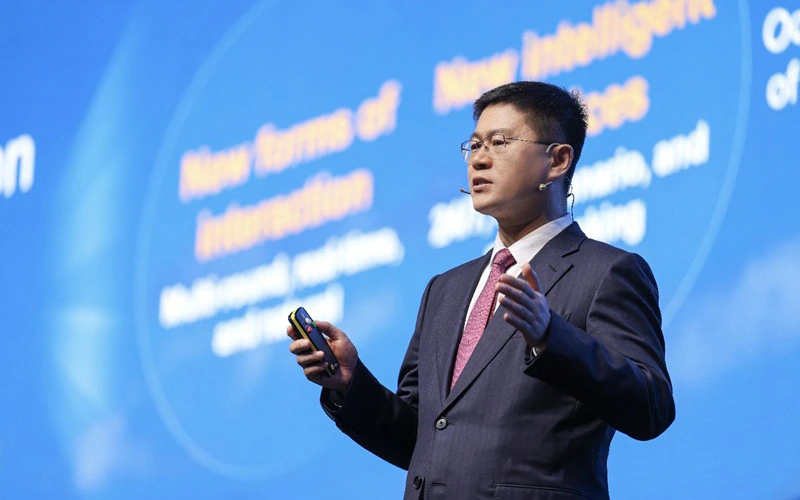The International Union for Conservation of Nature (IUCN), Center for Mediterranean Cooperation (IUCN Med), Huawei Spain, and Sierra Nevada Natural Area were together at the II International Mountain Congress (CIMAS II) to jointly share progress of the IUCN-Huawei Tech4Nature global partnership and celebrate the renewal of the Sierra Nevada National Park’s status as an IUCN Green List site.
The Congress took place at the Palacio de Congresos in Granada, and served as a closing celebration of the 25th anniversary of the Sierra Nevada National Park. The Park received the IUCN Green List Diploma at COP16 on Biodiversity in Cali, Colombia, in recognition of its excellence in protected area management.
“Sierra Nevada National Park is proud to have renewed its membership in the IUCN Green List and continue belonging to a club of excellence in nature conservation that respects the local community and implements appropriate management that responds to the challenges of climate change, health, and well-being,” said Francisco de Asis Muñoz Collado, Director of Sierra Nevada National Park. “Being the only Spanish natural space to hold this distinction encourages us to continue to maintain the high-quality standards that IUCN represents.”
At CIMAS II, IUCN organized two sessions on biodiversity protection and sustainability in mountain ecosystems, including their critical importance in achieving global conservation goals and the need for the appropriate use of technology to deliver safe and nature-friendly outdoor experiences.
At a roundtable session, representatives from Huawei, National Institute of Physical Education of Catalonia, the Kilian Jornet Foundation, IUCN, and Sierra Nevada National Park explored how to integrate conservation, recreation, and technology in the sustainable management of mountain ecosystems. Topics included capacity studies in protected areas, the sustainable management of mountain sports events, and the use of digital technologies to reduce the environmental impact of recreational activities.
Huawei and IUCN also presented the achievements and next steps of the Tech4Nature Phase I project in Spain, which assessed requirements for balancing recreation and nature conservation in four protected areas: Sierra Nevada National Park, Ordesa y Monte Perdido, and Sierra de Guadarrama, and the Natural Park of Sant Llorenç del Munt i l’Obac. In Sant Llorenç del Munt i l’Obac Natural Park, a solution comprising cameras, GPS receivers, cloud storage, and AI was deployed to monitor the impact of visitors on local fauna, in particular the factors affecting the reproductive success and mobility of Bonelli’s eagles.
Phase II of the Tech4Nature project will continue to improve conservation and visitor management through digital solutions, enhance data analysis in protected areas, and explore outdoor navigation applications to improve visitor-wildlife interaction.
Huawei and IUCN launched the Tech4Nature global partnership in 2020 to scale up success in nature conservation through technological innovation. Aligned with Huawei’s TECH4ALL initiative and the IUCN Green List, Tech4Nature has supported 11 flagship projects in 8 countries with tailored solutions to conservation challenges, including in Spain.
“By returning to the IUCN Green List, the Sierra Nevada Natural Area stands as a model of effective conservation, preserving unique deciduous forests and leveraging scientific knowledge through its Global Change Observatory,” said Thierry Lefebvre, IUCN Green List Programme Manager. “This milestone demonstrates the adaptive management, inclusive governance and conservation excellence that the Green List promotes worldwide, setting a benchmark for other conservation commitments in Spain.”
The Tech4Nature Phase II project launched in Sierra Nevada will cement its position as a benchmark for excellence in protected area management.
“Continuing to have Sierra Nevada on the IUCN Green List is key for the Mediterranean and its rich biodiversity, as it sets a concrete example in Andalusia and Spain of effective and equitable management for other protected areas, fostering a scenario of cooperation and knowledge exchange between Mediterranean countries.” said Maher Mahjoub, IUCN Med Director. “This recognition supports the international commitments of the Mediterranean, including the 30×30 objective, and strengthens the region’s position as a leader in conservation and sustainability. We hope that future collaboration with Tech4Nature will help strengthen the effectiveness now also with new technologies.”
























